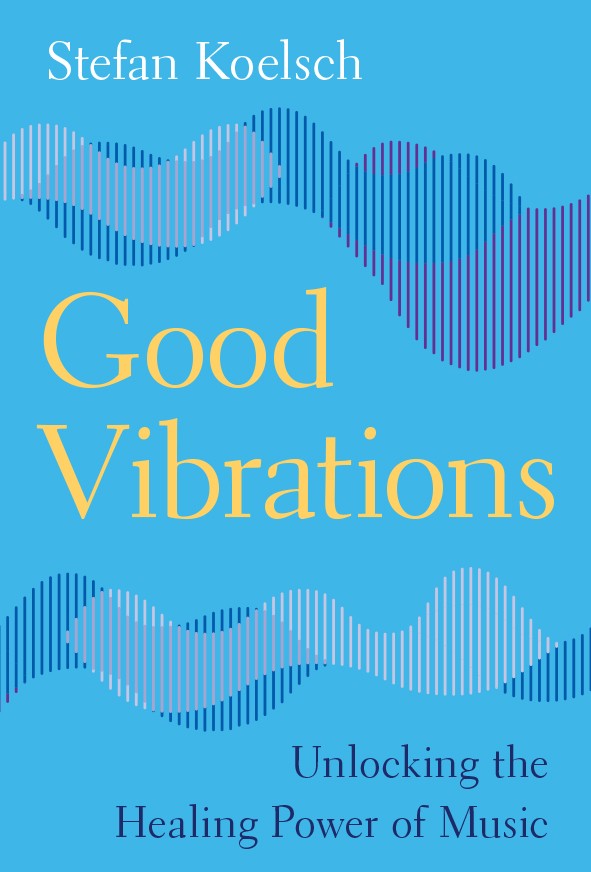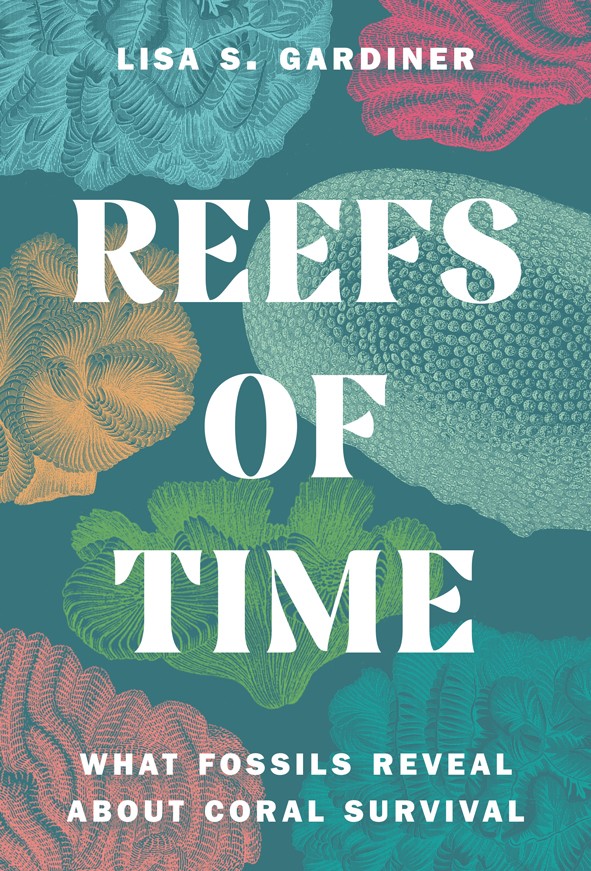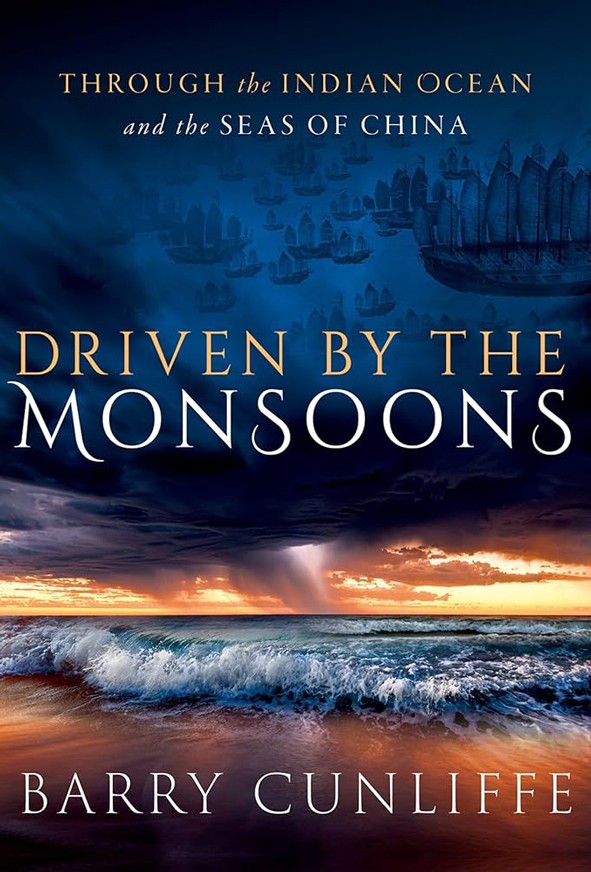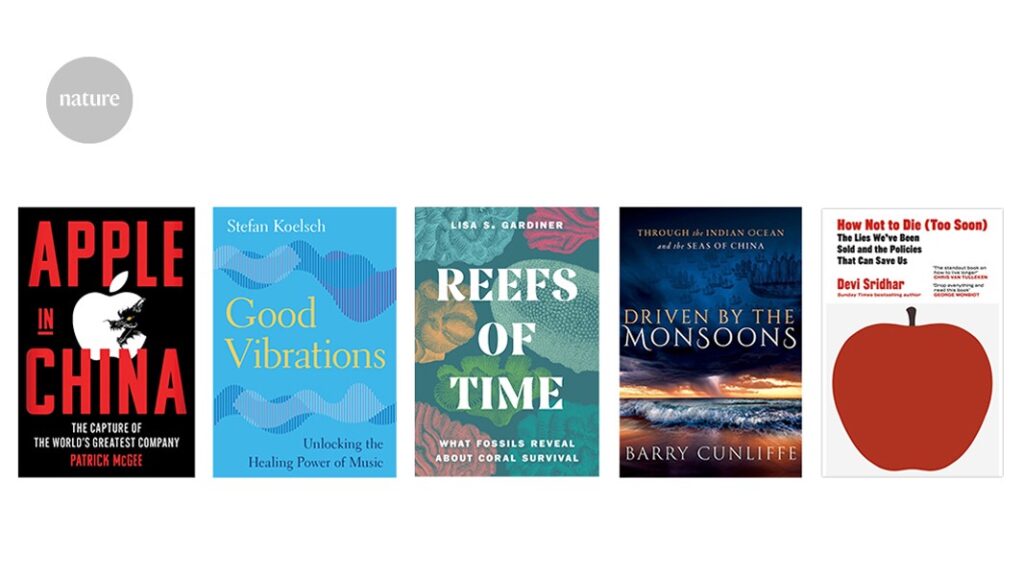How Not to Die (Too Soon)
Devi Sridhar Viking (2025)
Public health is often a contested subject. Devi Sridhar, a US–UK health scholar of Indian origin, is acutely aware of its complexities — and of just how much our health depends on national policies. In her excellent book, she tackles topics such as exercise, diet, guns, mental health and air pollution. She notes that, in low-income countries, physical activity, associated with poverty and labour, was abandoned as people became richer. But in wealthy countries, gymnastics, for example, has become linked with high socio-economic status.

Good Vibrations
Stefan Koelsch Cambridge Univ. Press (2025)
Music is “a fundamental pillar of our health, happiness and humanity”, concludes neuroscientist, music psychologist and violin player Stefan Koelsch in his enchanting book on music’s interaction with the brain. A young man with severe epileptic seizures hadn’t talked for years. He walked in step to strings plucked by a music therapist, danced to her violin playing and spoke again. No wonder violinist Albert Einstein said, “Mozart’s music is so pure and beautiful that I see it as a reflection of the inner beauty of the Universe.”

Reefs of Time
Lisa Gardiner Princeton Univ. Press (2025)
The Great Barrier Reef, off the coast of Australia, is visible from space. Before it, between 30,000 and 10,000 years ago, five reefs formed, died and fossilized. All coral reefs are threatened by human activity, such as overfishing, and its impacts, including pollution and warming of seawater. Some fossil fuels contain the remains of reefs, so “one of the main ways we are currently harming coral reefs is by burning their ancestors”, points out geoscientist and reef explorer Lisa Gardiner, whose penetrating study is dedicated to ensuring reefs’ survival.

Driven by the Monsoons
Barry Cunliffe Oxford Univ. Press (2025)

